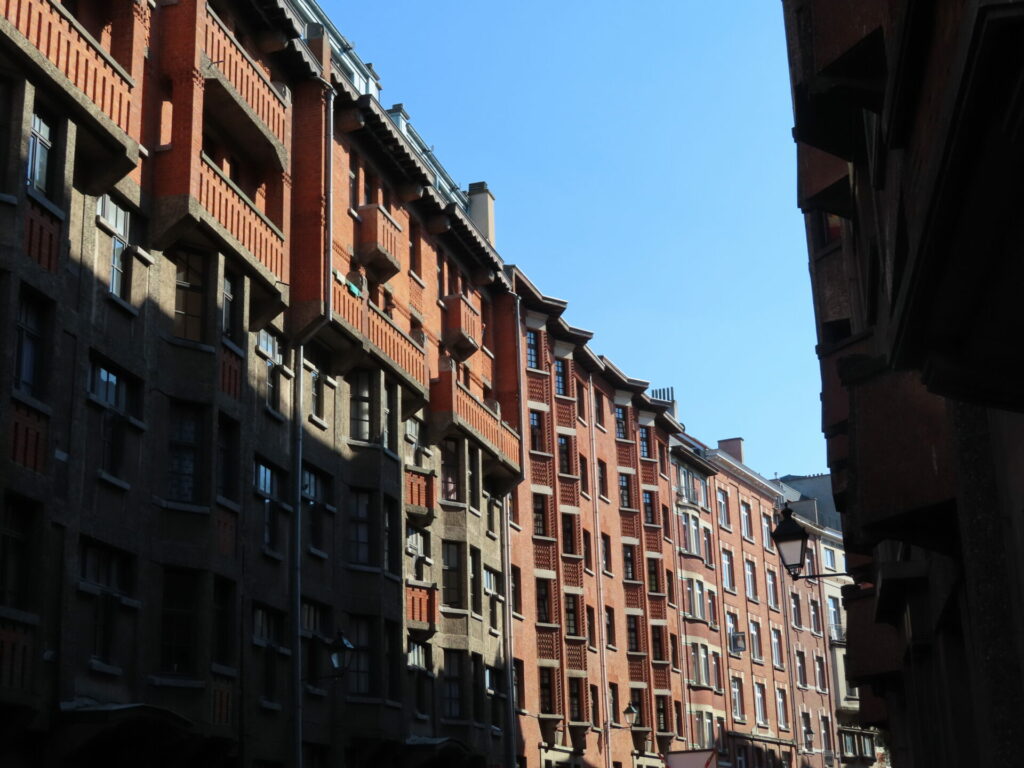Despite sober predictions about the effects of the pandemic on social welfare, the risk of poverty actually decreased in 2020, according to figures from Statbel.
This is the result of massive government redistribution campaigns, De Standaard reports.
In 2021, 13.1% of Belgians lived below the poverty threshold of €1,287 per month for a single person. That’s a full percentage point lower than 2019’s rate of 14.1%.
“That's an unprecedented drop,” said poverty expert Ive Marx (University of Antwerp). “I don't recall ever seeing such a reduction.”
Huge differences by region
While poverty decreased slightly in all regions, there were massive differences between them.
The poverty rate in Wallonia (17.7%) is twice as high as in Flanders (8.5%). In Brussels, one in four (24.9%) persons lives below the poverty line.
The decline in poverty contrasts with the alarm signals from the field throughout the crisis: the number of living wage recipients rose throughout the year from 145,000 to nearly 157,000, and a record number of people came knocking on the doors of food banks.
Related News
- Inflation climbs to 8.31%, reaching 39-year high
- Paying double for energy: Rent indexation squeezes struggling tenants
- 'Real crisis situation': Belgium gives extra support to social services
How can poverty decrease overall while so many more people found themselves in need?
“You see the effect of the Covid-19 policy,” explained Wim Van Lancker (KU Leuven).
“Temporary unemployment, social allowances, higher benefits: the government has strongly absorbed the impact of the coronavirus crisis. Because the impact of the crisis on the economy and the labour market was, of course, real.”
Incomes stagnated during pandemic
Even if people managed to stay out of poverty, they weren’t exactly thriving during the pandemic. The median disposable income of Belgian households stagnated in 2020.
Without government subsidies, figures show that there would have been considerably more people below the poverty threshold in 2020.
Take away all social transfers except pensions, and no less than 27.8% of Belgians lived below the poverty line in 2020, as opposed to 25.6% in 2019.

. Photo from Canva.
“Working people who were affected were able to compensate somewhat for the impact of government measures,” said Statbel expert Annelies De Schrijver.
“In addition, we saw a slight reverse effect among the more vulnerable groups, such as pensioners, the long-term sick and the long-term unemployed. They more often live on benefits, which were indexed in 2020. For them, the monetary impact of the crisis did not materialise.”
According to Marx, 2020 was therefore a very atypical year. Normally, poverty rises because people who work benefit more than people who receive benefits. In 2020, the opposite dynamic occurred.

